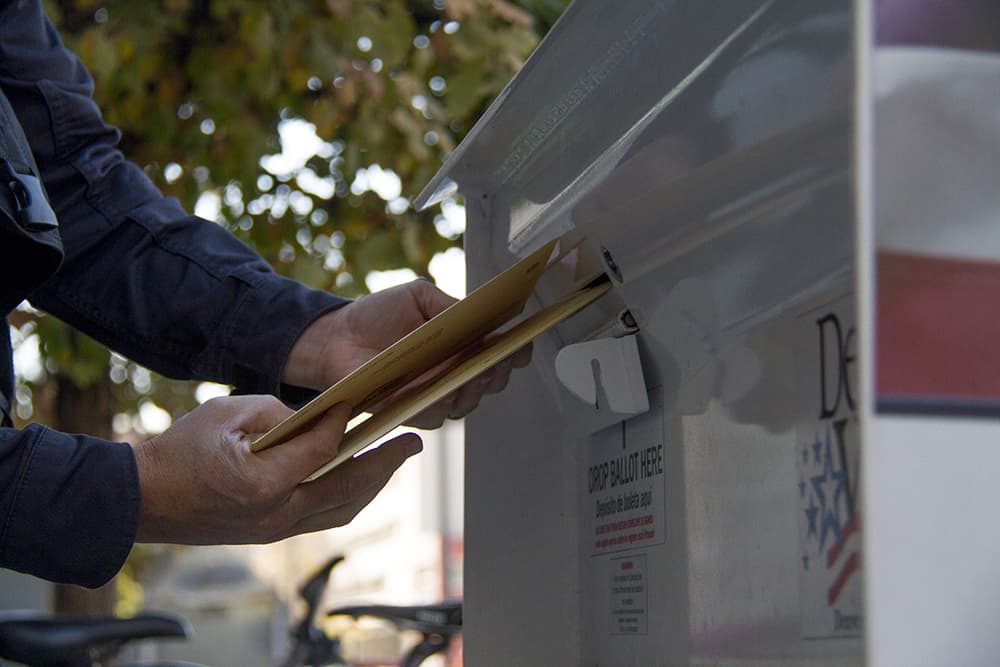Colorado was supposed to be a swing state again this year, starting at the top of the ticket. But as the results roll in from the state's first presidential election featuring a nearly all-mail voting, the races may turn out to be tighter the further down the ballot you go.
Voters will be waiting Tuesday night to find out which party will control the Statehouse, whether terminally ill Coloradans will have the right to seek aid in dying, and yes, whether the state's electoral votes will go to Hillary Clinton or Donald Trump.
Here's a look at those and other key races and issues being decided:
U.S. Senate
Originally considered one of the Democrats whom Republicans hoped to oust, Sen. Michael Bennet is fending off a challenge from El Paso County Commissioner Darryl Glenn, who emerged from a GOP primary field devoid of big names and has struggled to win over the party establishment.
Glenn, a military veteran making his first statewide run, got the endorsement of Sen. Ted Cruz, the runner-up for the Republican presidential nomination. He made his national debut on stage at the Republican National Convention.
But while Bennet has touted his support on the traditionally conservative Western Slope, Glenn spent comparatively little time trying to make inroads in heavily Democratic areas, despite a stump speech that often references his knowing what it's like to be a black man racially profiled by police.
U.S. House
In the state's truest swing district, Republican Rep. Mike Coffman has pulled out all the stops to siphon votes from traditionally Democratic constituencies. He went after Latinos, who make up 20 percent of his suburban Denver district, and learned some conversational phrases for meetings with members of one of the country's largest concentrations of Ethiopian immigrants.
But Democratic state Sen. Morgan Carroll worked relentlessly to saddle Coffman with Trump's baggage, equating the two over and again in speeches and TV ads despite Coffman's efforts to distance himself from his party's presidential nominee.
In Colorado's largest congressional district, Coffman's fellow Republican incumbent Rep. Scott Tipton has also had to work hard to hold onto his seat, facing a stout challenge from Democratic former state Sen. Gail Schwartz.
Legislature
Democrats are expected to hold onto their narrow advantage in the state House while going hard after Republicans' even narrower majority — a single seat — in the state Senate. Control of the 35-seat Senate could come down to a handful of suburban Denver districts.
With Democratic Gov. John Hickenlooper in office for another two years, Democrats aim to control both chambers of the Statehouse.
The right to die and other ballot questions
Colorado could become just the fifth state to allow some form of medical aid in dying, with a measure that would allow certain terminally ill residents to seek prescriptions for ending their lives. Residents also will decide whether to green-light the country's first state-run universal health care system.
Other notable statewide questions include whether to restore a presidential primary and whether to make it harder to put constitutional amendments on the ballot and harder still to vote them into law.












